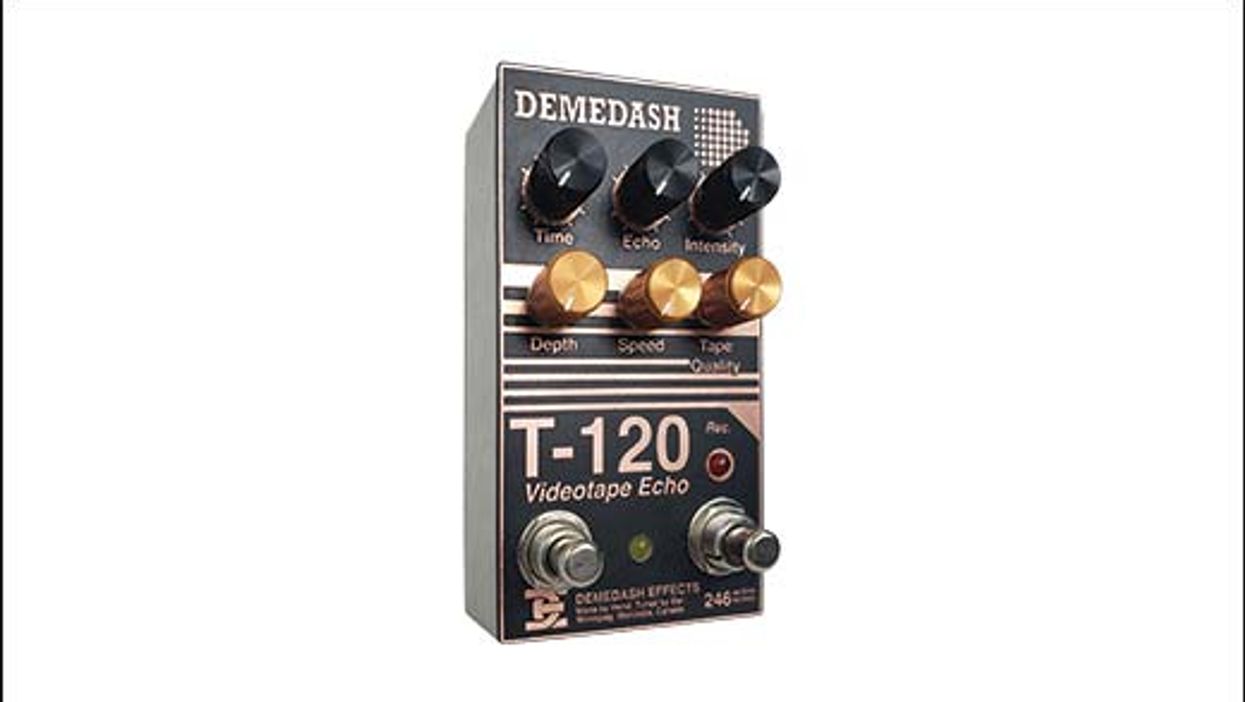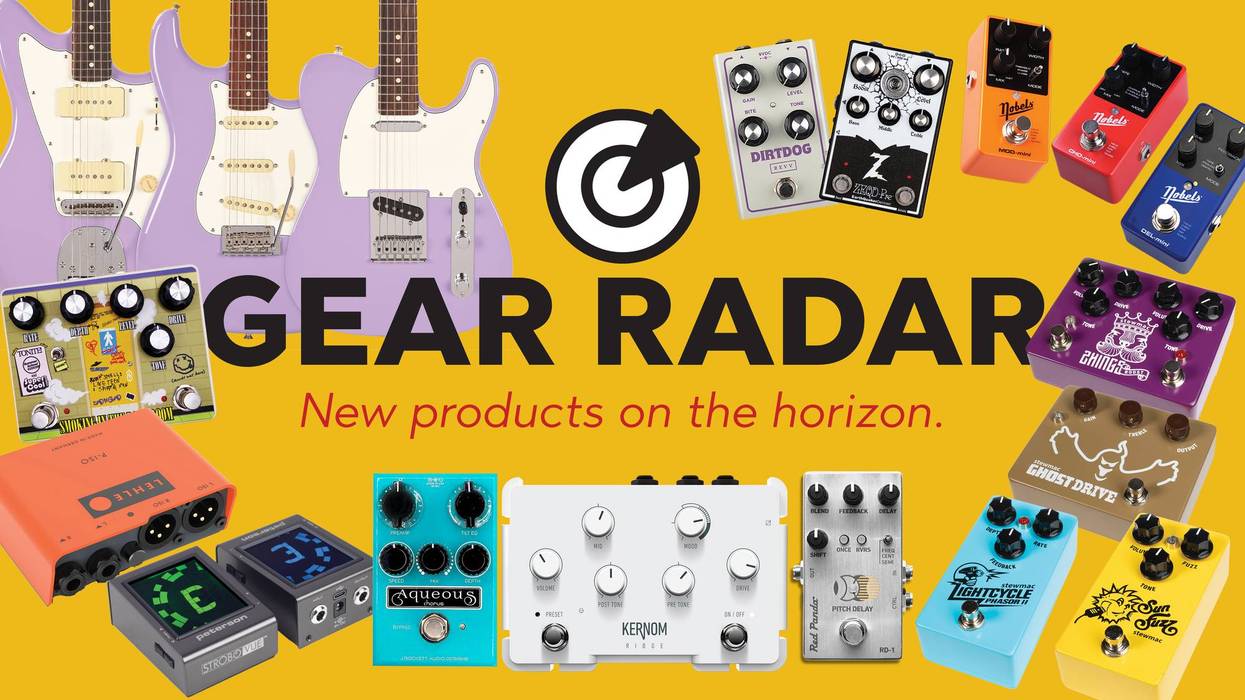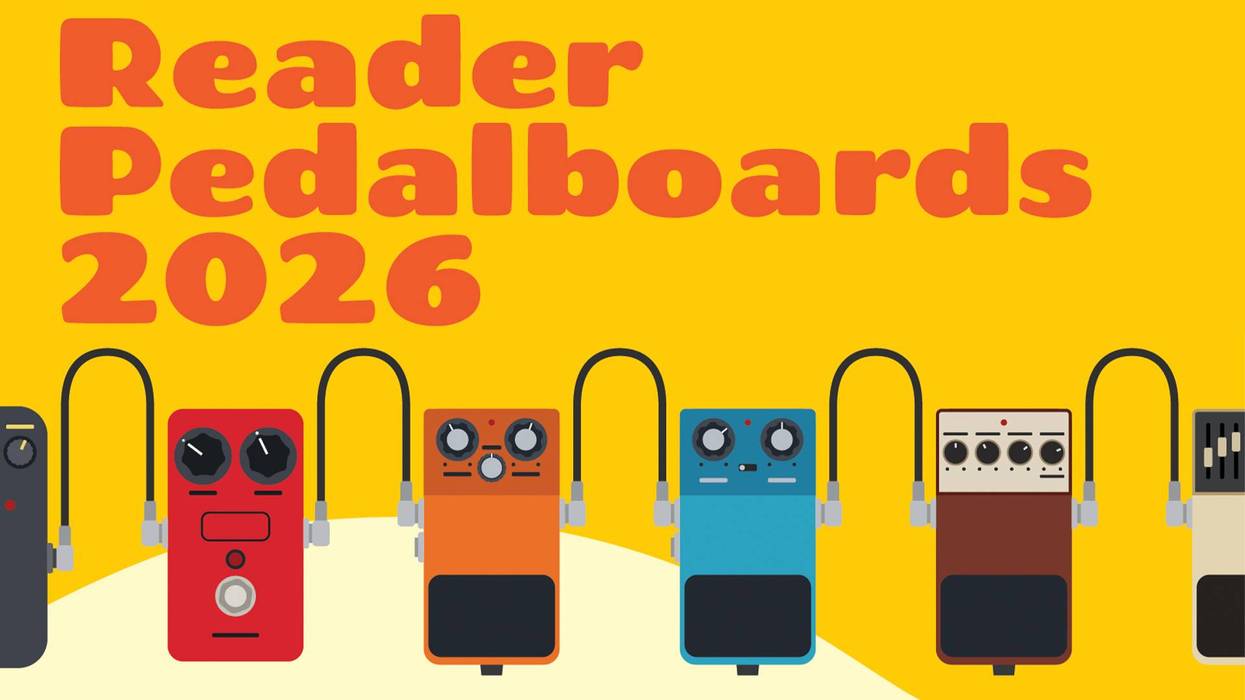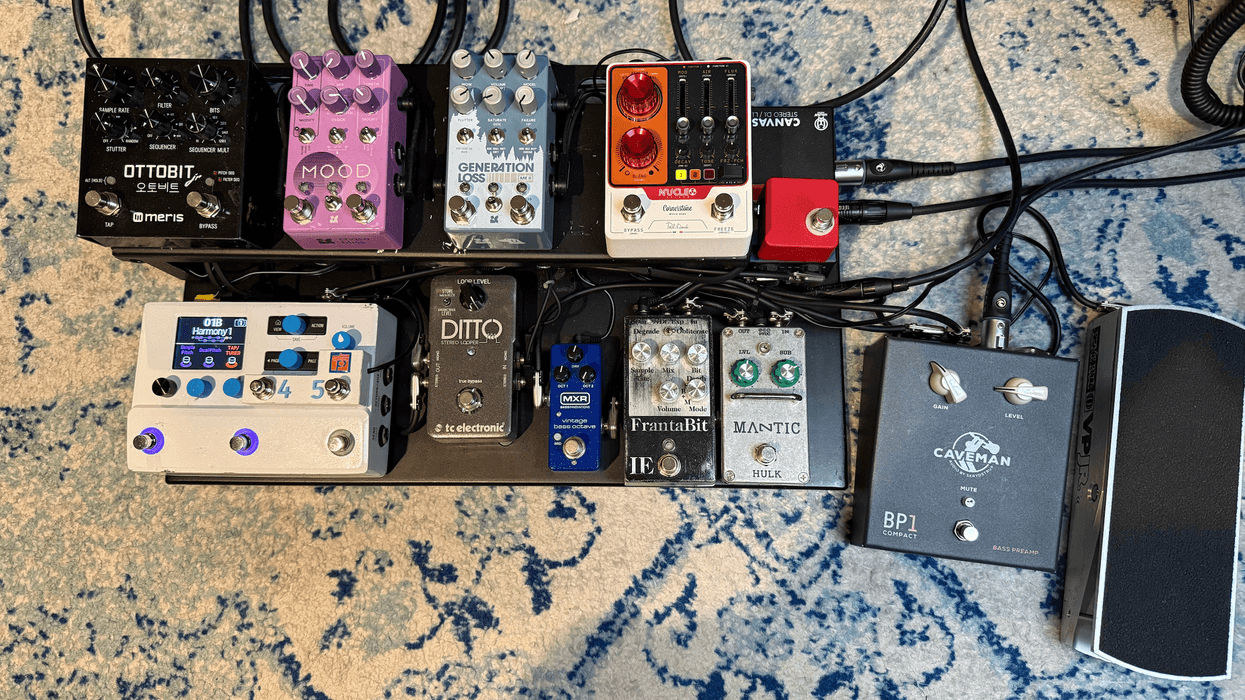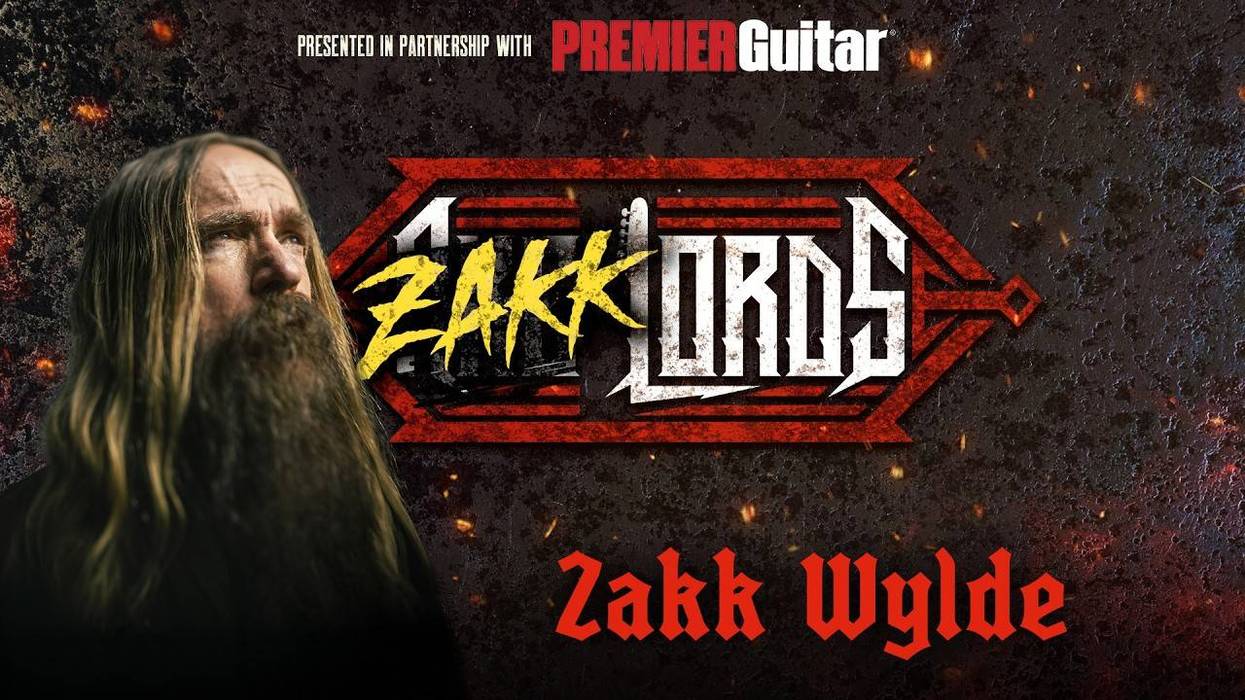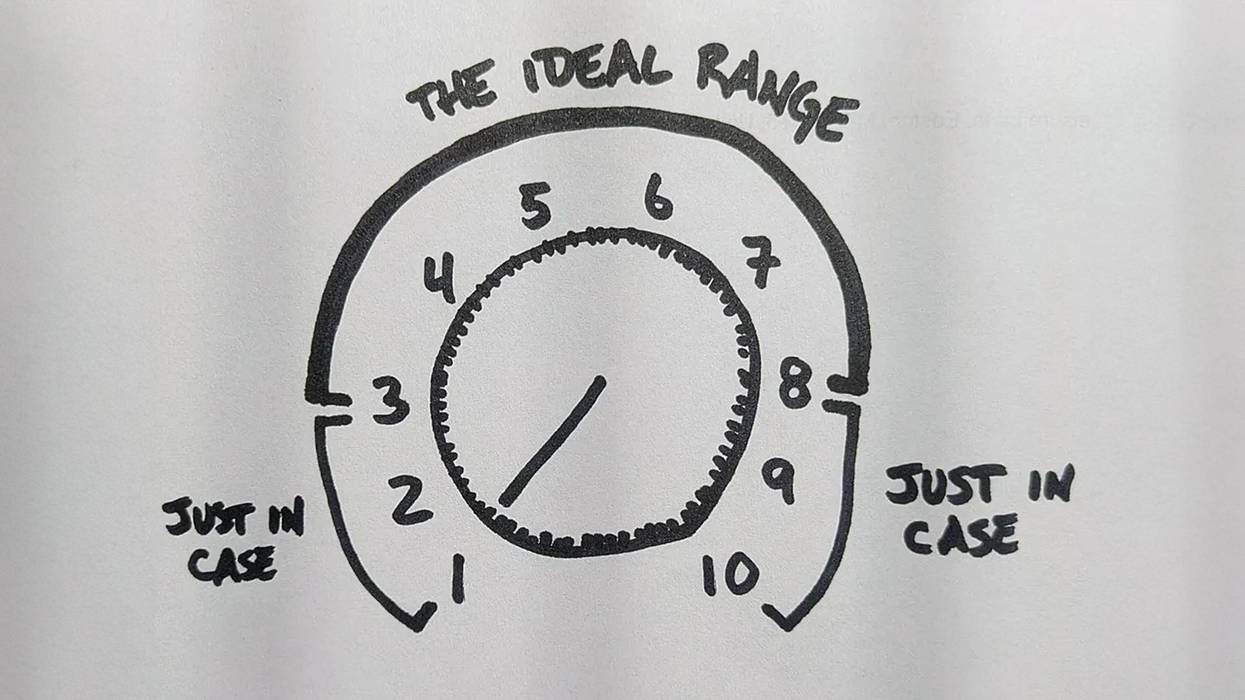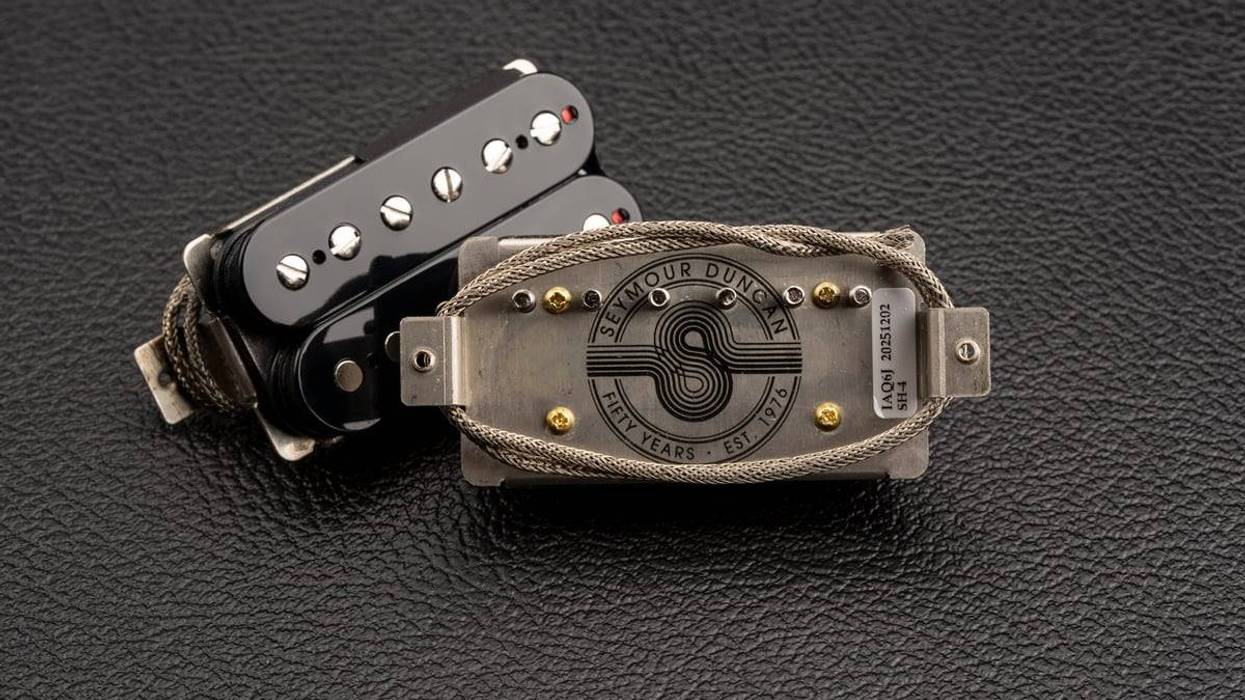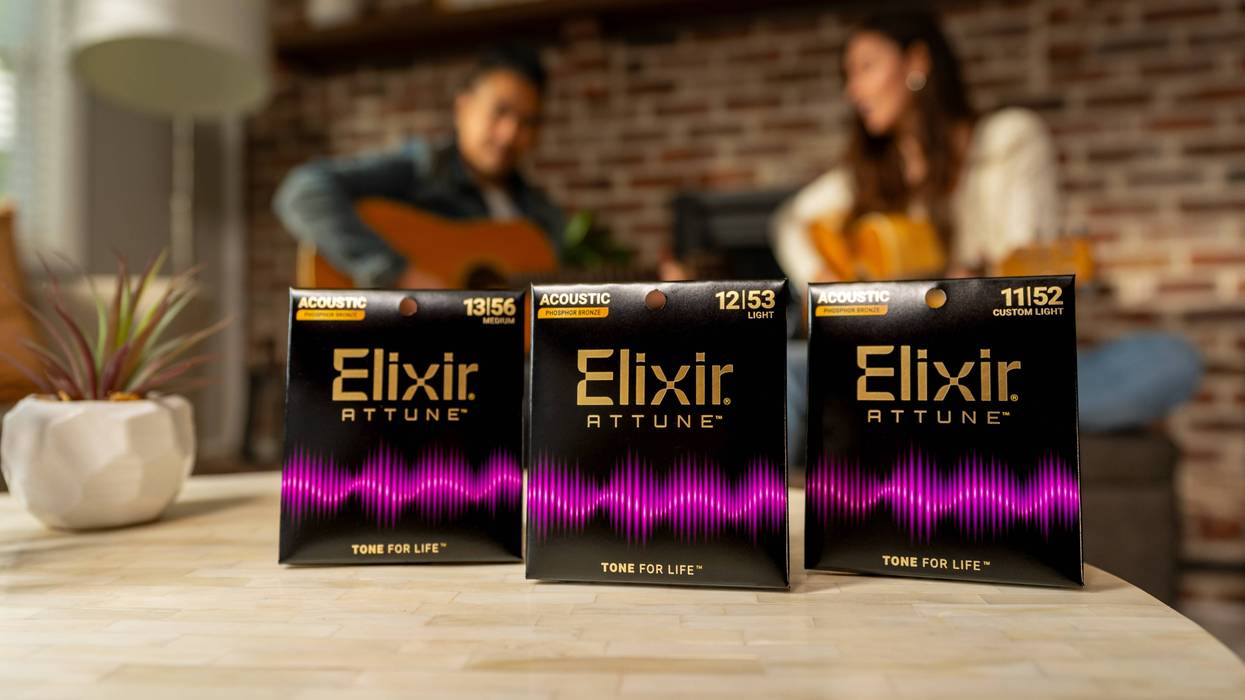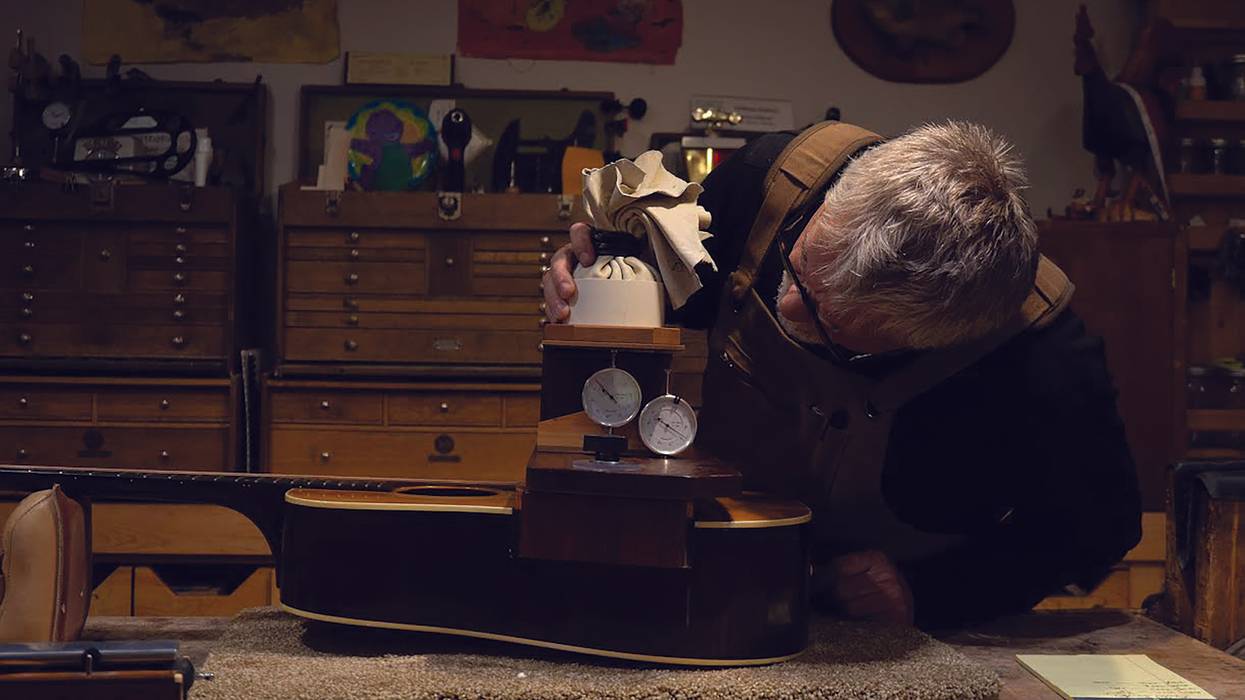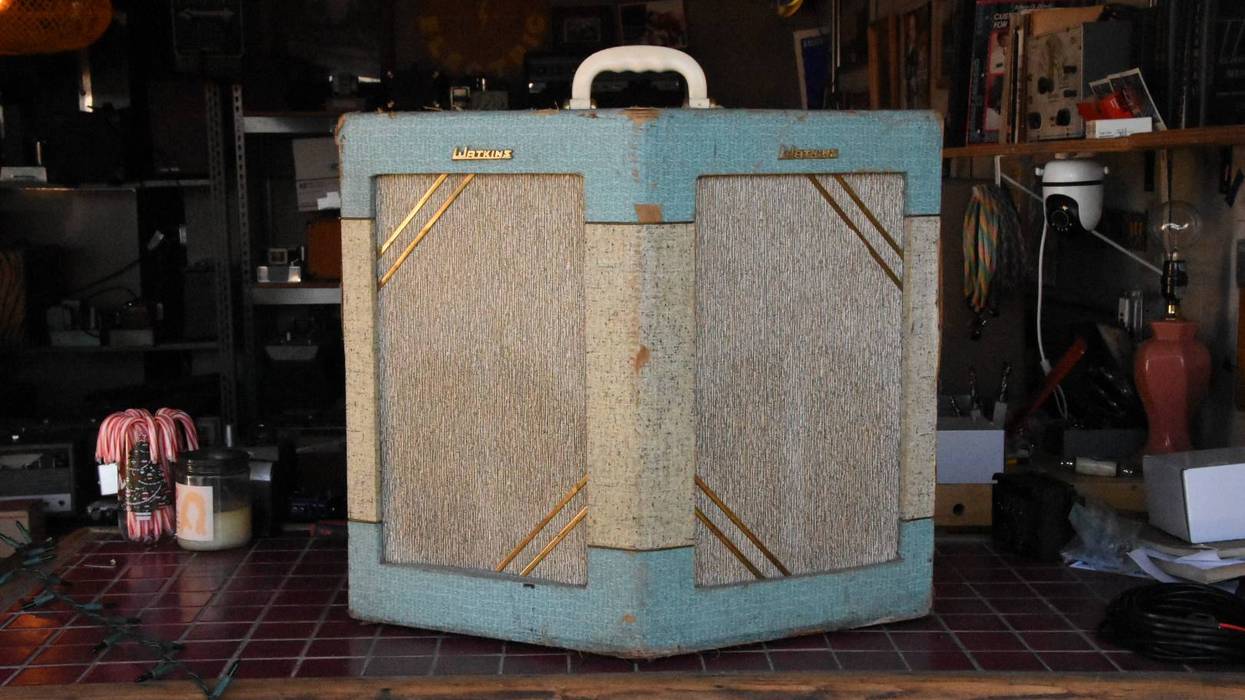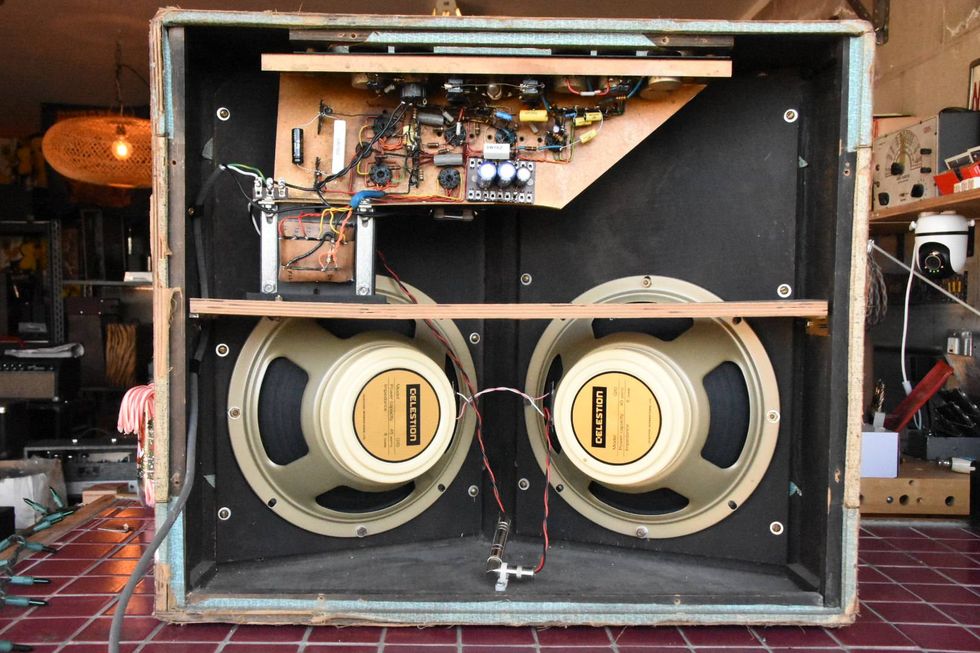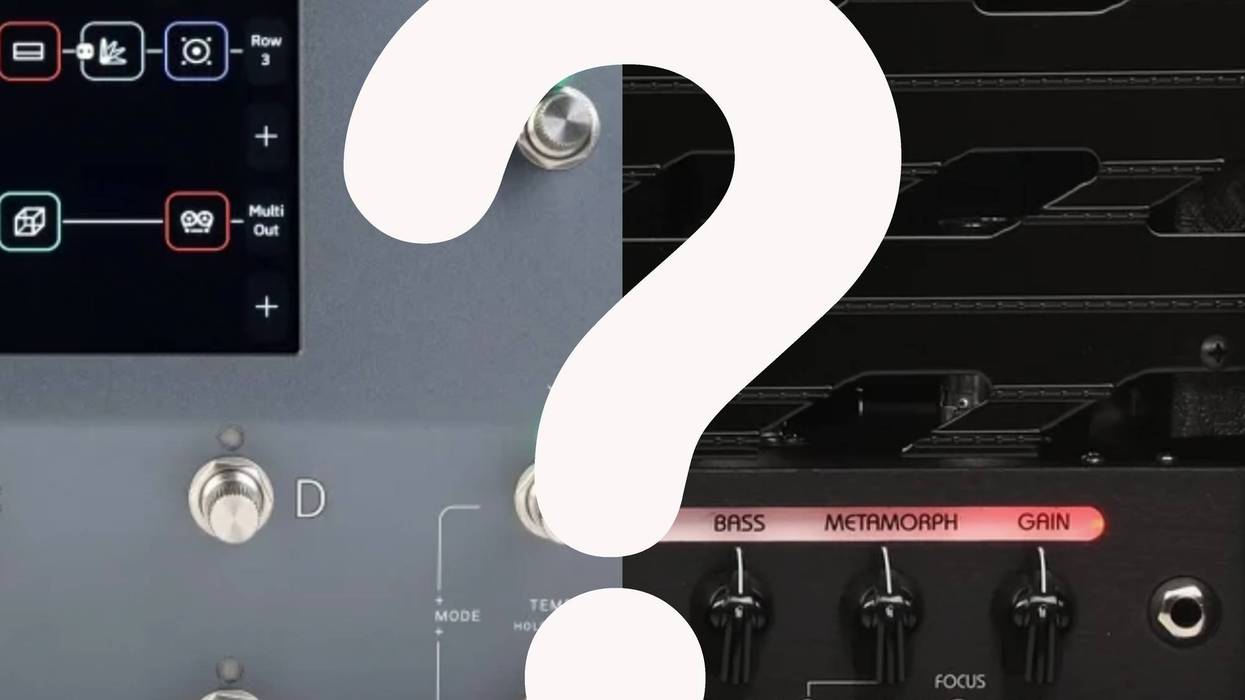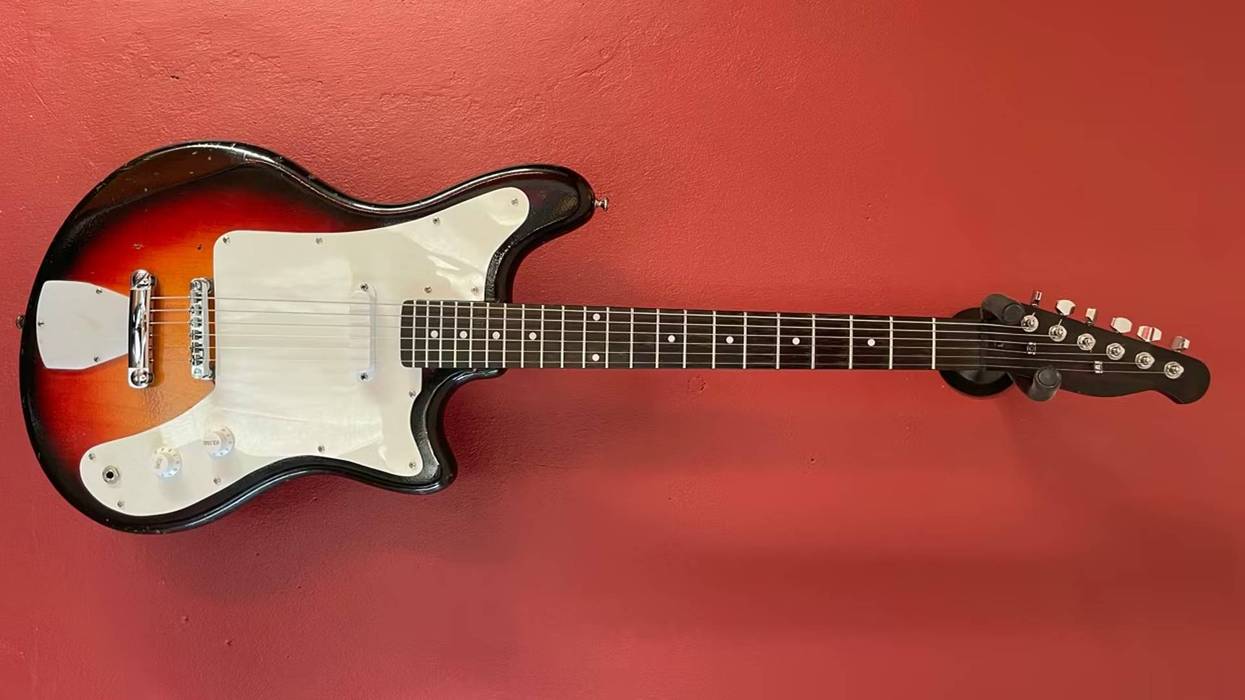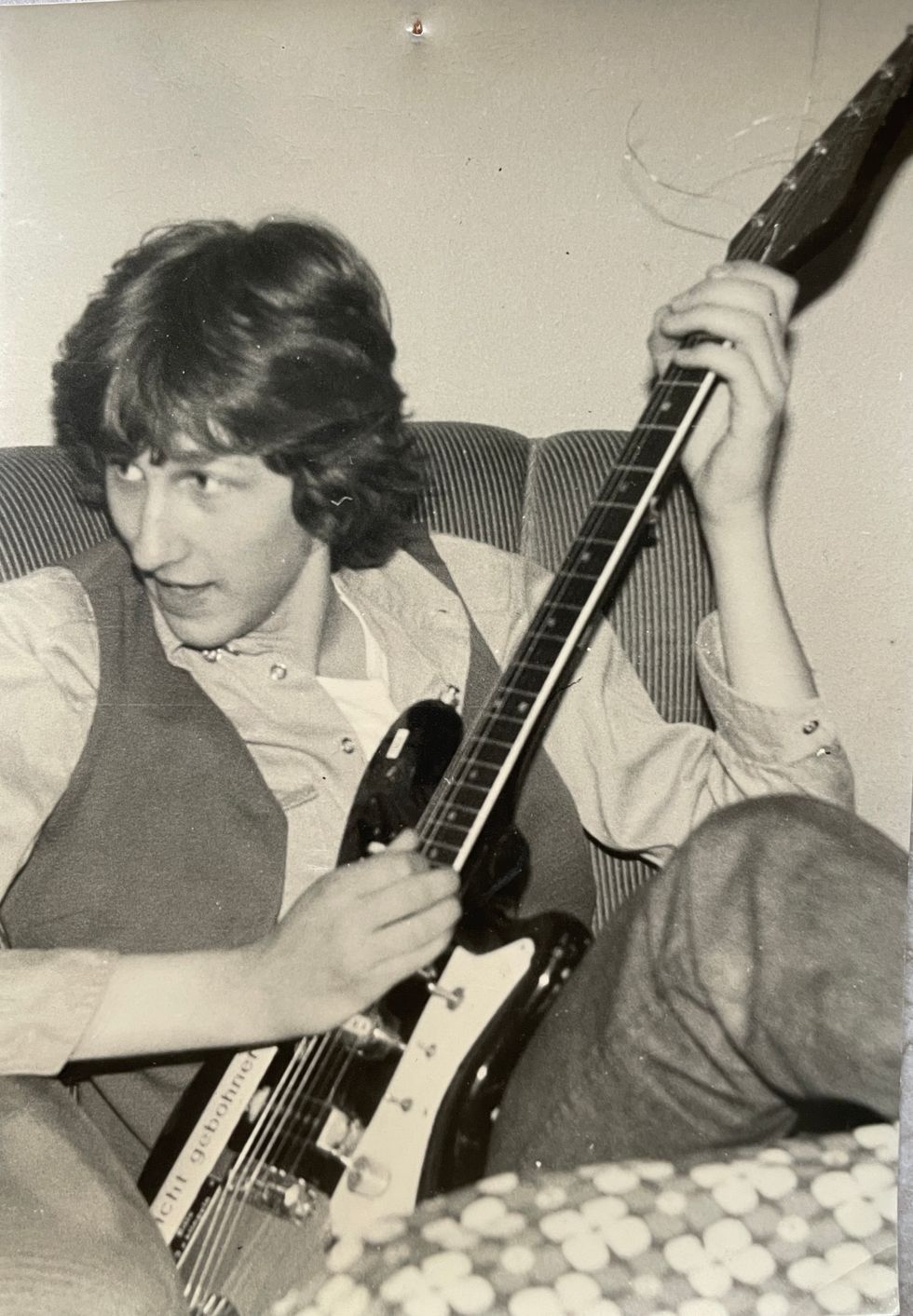As I write, I am watching Australia burn. It's absolutely heartbreaking. The sheer number of lives lost is staggering. A few of us pedal builders are trying to help, by making some really special pedals. They were auctioned off, with 100 percent of the proceeds going to Australian fire relief efforts. Together, we have raised over $30,000 so far. That really got me thinking about the bigger picture: climate change. And waste in the pedal-manufacturing world.
I reached out to some of my friends in the professional pedal-building community to get their insights. It turns out that almost every builder I contacted had a lot to say, and had some great suggestions about the things we can all do, as gear buyers and builders, to take steps toward being more mindful about the stuff we buy and how it's made.
John Snyder from Electronic Audio Experiments doesn't use batteries—and other builders are doing the same. We all know how horrible they are for the environment. Yet we all have those old-school “mojo" fuzz pedals that hate being plugged into the wall. I have been using rechargeable 9-volt batteries in them, with surprisingly great results. So there's one little way to be more eco-friendly: Try rechargeable batteries.
John says he also feels really fortunate that his city, Boston, has a good e-waste program. Most major cities have facilities where you can bring your busted pedals and other gear that is simply beyond repair, or too costly to repair and, therefore, not really worth selling. You'll feel way less bad dropping it off at the e-waste facility than you would throwing it in the trash can, I promise! Another great way to dispose of unwanted, unsellable gear is your local thrift store. Lots of people buy busted gear for parts and other purposes. Many thrift stores will take broken stuff for this reason. You can even get a tax write-off from some.
Joel Korte from Chase Bliss Audio recycles excess aluminum. I was pleased to learn that many companies are making this a standard practice. There are many, many enclosures that get mis-drilled during production and are often thrown in the garbage. Most recycling facilities will pay for aluminum and other metals. Joel says that the effort pays off twofold for him, as he makes money from recycling the aluminum while simultaneously doing a solid for the environment.
and/or repurposed items in our builds.
Speaking of botched enclosures, Steve Demedash from Demedash Effects builds guts into these blemished enclosures and sells them at a discounted price, rather than put them into the waste management system. Let's face it, we're all going to step on these things. They will get battle scars anyway, in most cases. Selling “blems" is not only good for Earth, it's good for musicians like myself and many others who are in a lower income bracket. We can get a super-awesome pedal we couldn't otherwise afford to buy unless it wasn't discounted. Selling “blems" also keeps these same folks from perhaps purchasing an inferior, cheaply-made, less expensive pedal that is most likely mass-manufactured poorly and not built to last.
There are more and more of us using salvaged, recycled, and/or repurposed items in our builds. Chris Vincent (also known as DJ Lavalamp) uses very high-quality, completely salvaged vintage components for most of the guts of his creations. He says he spends 90 percent of his time salvaging components, but I think it's well worth it when you hear and see the final result. Kevin Shone (also known as Shoneswood) uses broken skateboard decks to make some beautiful, eye-catching pedals. Skaters even send him their shredded decks to immortalize forever as stomp boxes! Sehat Effectors in Indonesia build amazingly crazy fuzzes into old telephones and other cool enclosures they find, using mostly salvaged parts.
Lightning Wave (New Zealand) is a rapidly-growing company making some of the coolest devices around. They use compostable packaging. Their designs are durable and modular, for easy repair, in hope of making a difference down the line. Co-founder Lee Nicolson told me that he believes that the best option for builders is to dispose of plastics responsibly on a local level, and try to limit export to a minimum. So he uses biodegradable and/or smart design packaging that can have some further use.
In closing, I would like to remind players that we have so much strength in our numbers. The pedal auctions that are happening for these fire victims proves this to me, even though I already knew it in my heart. If we all take a few moments to consider our lovely home here on Earth when we make our choices as consumers, we can and will help. I know this conversation has gotten a lot of us builders really thinking and collaborating on ways we can keep building cleaner, and that's already a step in a great direction.
Please send love and donate (https://www.cfa.vic.gov.au/donate1 or https://www.thebushfirefoundation.org/donate/) to help all the living beings of Australia.


